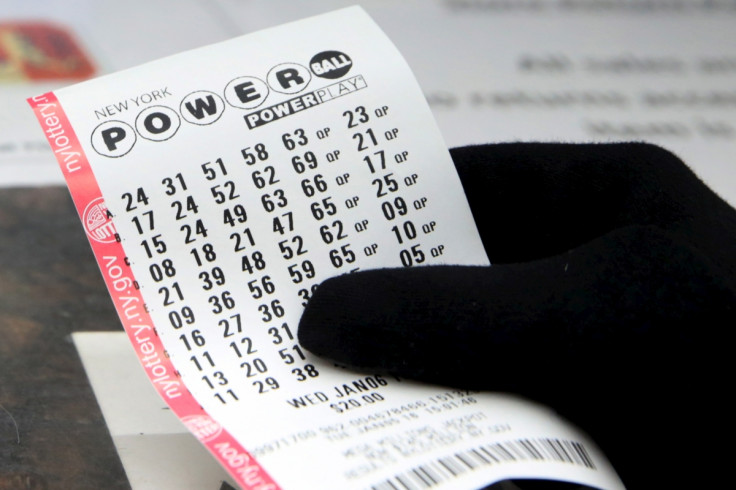Powerball draw: Biggest ever US winner set to scoop $900m

While National Lottery hopefuls in Britain are trying to win a jackpot of nearly £60m in the draw on 9 January, a lucky American player could take home an amount that would dwarf that figure if they pick the right numbers this weekend. The ever-surging Powerball jackpot has grown to a record $900m (£620m).
The figure is well above Manchester United's annual revenue which Forbes estimated £703m in May 2015.
Played in 44 of the 50 US states, the winner of the US equivalent of the National Lottery would have the option of taking home a $558m (£384m) cash lump sum, officials said, or they could opt to be paid $900m over a 29-year period. If no one takes the top prize, the next jackpot will be $1.3bn.
This is unlike the UK where new rules introduced by National Lottery operator Camelot mean the prize is shared out in the first draw after it reaches £50m. If no one matches six numbers, the next tier of winners will share the Lotto prize.
The rule changes have increased the chances of becoming a millionaire leading to the introduction of a Millionaire's Raffle, according to Camelot. The previous largest National Lottery jackpot was £42m, shared between three separate ticket holders in January 1996.
America's previous biggest lottery win was $656m, in a Mega Millions draw in 2012 that was shared among three different winners. But that looks likely to be overshadowed this time with a jackpot that has been swollen over 18 draws, although an added $300m has been added over the past two days.
At one Los Angeles store, Bluebird Liquor, owner James Kim estimated about 3,000 people came in on 6 January and 5,000 a day later, according to the Los Angeles Times.
Unlike the UK, all but six states where Powerball tickets are sold require lottery winners to come forward publicly. However, some do allow winners to create limited liability companies, so that when their names have to be announced, it is the companies and not individuals who are identified.
© Copyright IBTimes 2024. All rights reserved.





